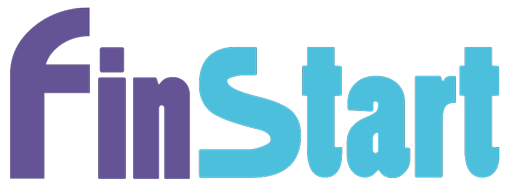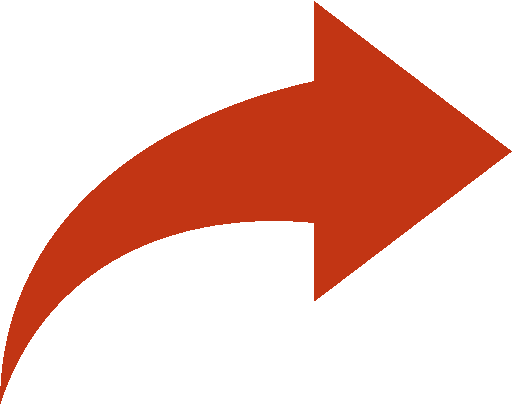Morgan needs your help. Follow him along on a financial journey, as he makes mistakes, fixes them, and learns his lesson.
Morgan’s story covers the same material as FinStart’s Step-by-Step Toolkit. It’s not an evaluation or quiz, and there may be more than one correct answer.
The world of personal finance is not black and white - the right choice often depends on your circumstances. When you choose an answer, it will flash a certain color:
- RED answers are wrong – you’ll never have to click these options if you recognize they’re incorrect.
- GREEN means that answer is correct. So does YELLOW - but only under certain conditions. You must click both these colors to continue Morgan’s adventure.


